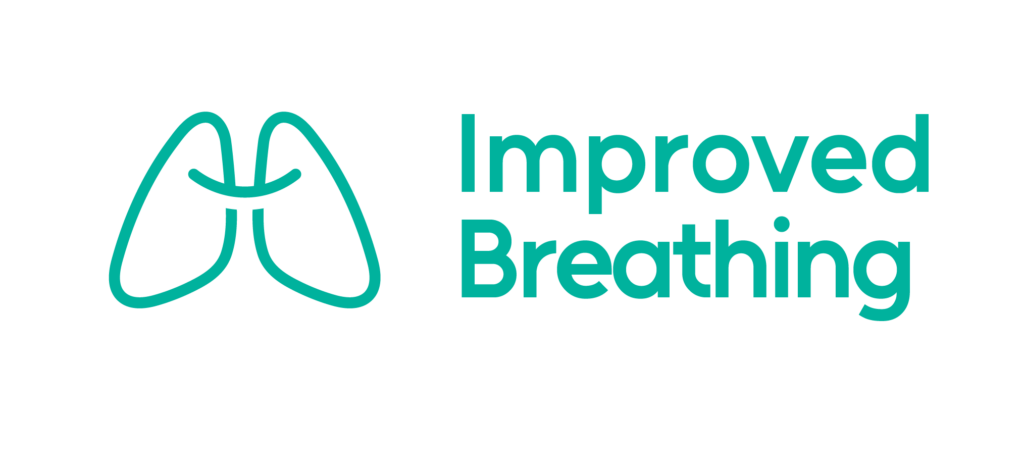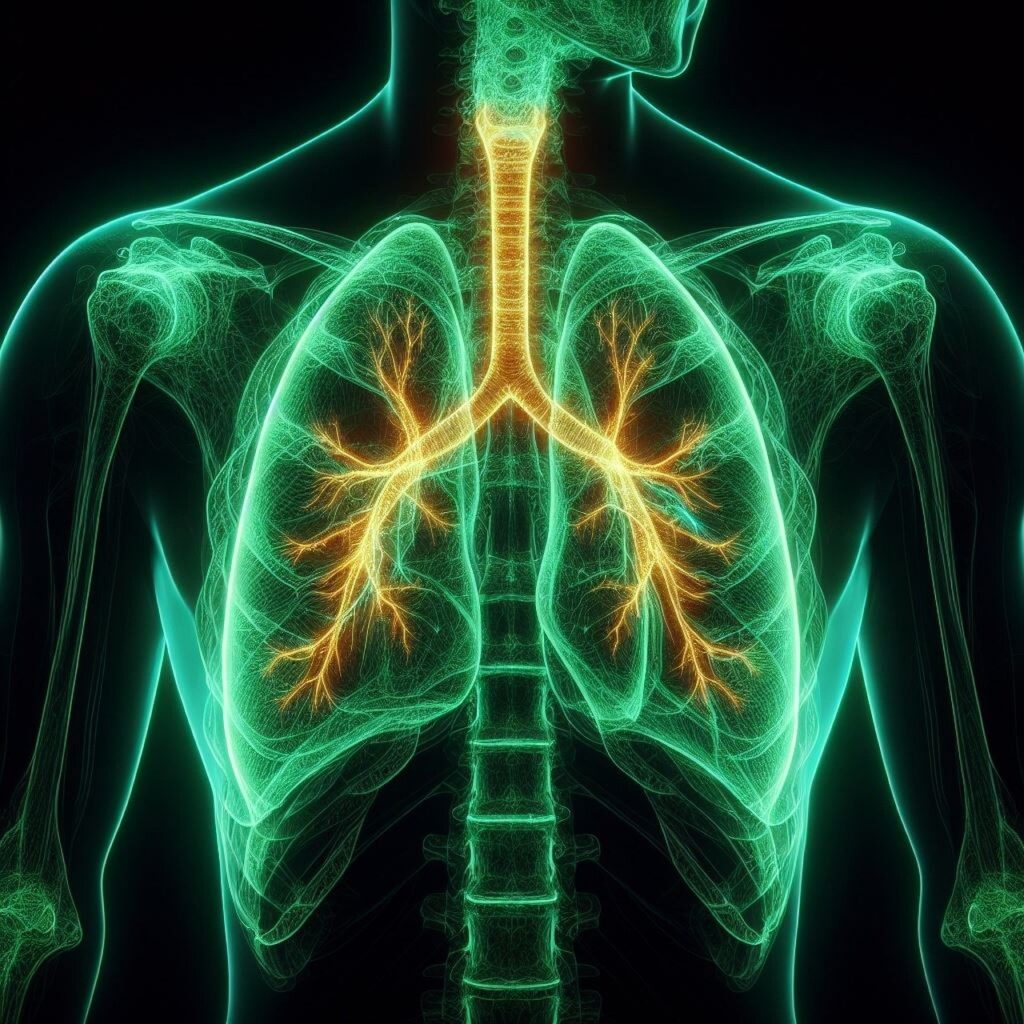Living with a chronic lung condition such as Chronic Obstructive Pulmonary Disease (COPD) or emphysema can be challenging. One of the key factors that can exacerbate these conditions is exposure to lung toxins and the resulting inflammation. In this blog post, we’ll explore the relationship between lung toxins, inflammation, and chronic lung diseases, as well as discuss strategies for managing these issues.
What Are Lung Toxins?
Lung toxins are substances that can damage the delicate tissues of your lungs when inhaled. These can come from various sources, including:
- Tobacco smoke: The most common and harmful lung toxin.
- Air pollution: Including particulate matter, ozone, and nitrogen dioxide.
- Occupational hazards: Such as asbestos, silica dust, and chemical fumes.
- Household products: Including cleaning agents and aerosol sprays.
- Biomass fuel smoke: From burning wood, crop residues, or dung for cooking and heating.
For individuals with COPD, emphysema, or other chronic lung conditions, exposure to these toxins can be particularly dangerous, as their lungs are already compromised.
The Link Between Lung Toxins and Inflammation
When lung toxins enter your respiratory system, your body’s natural defense mechanism kicks in. This immune response often leads to inflammation, which is characterized by:
- Swelling of lung tissues
- Increased mucus production
- Narrowing of airways
While inflammation is a normal protective response, in people with chronic lung conditions, it can become excessive and persistent. This chronic inflammation can lead to further damage to lung tissues and worsen breathing difficulties.
The Impact on COPD and Emphysema
For those living with COPD or emphysema, the relationship between lung toxins and inflammation is particularly significant:
- Exacerbation of symptoms: Exposure to toxins can trigger flare-ups, leading to increased breathlessness, coughing, and mucus production.
- Accelerated disease progression: Chronic inflammation can speed up the deterioration of lung function over time.
- Reduced quality of life: Frequent flare-ups and worsening symptoms can significantly impact daily activities and overall well-being.
- Increased risk of complications: Persistent inflammation can lead to other health issues, such as cardiovascular problems or lung infections.
Strategies for Managing Lung Toxins and Inflammation
If you’re living with a chronic lung condition, here are some strategies to help minimize exposure to lung toxins and manage inflammation:
1. Avoid Smoking and Secondhand Smoke
This is the single most important step you can take. If you smoke, talk to your healthcare provider about cessation programs. Ask friends and family not to smoke in your presence or in your home.
2. Improve Indoor Air Quality
- Use air purifiers with HEPA filters
- Keep your home well-ventilated
- Avoid strong chemical cleaners and opt for natural alternatives
- Control humidity levels to prevent mold growth
3. Be Aware of Outdoor Air Quality
- Check local air quality reports and stay indoors on high-pollution days
- Avoid exercising near high-traffic areas
4. Follow Your Treatment Plan
Adhere to your prescribed medications, including anti-inflammatory drugs if recommended by your doctor. These may include:
- Inhaled corticosteroids
- Long-acting bronchodilators
- Phosphodiesterase-4 inhibitors
5. Maintain a Healthy Lifestyle
- Exercise regularly as recommended by your healthcare provider
- Eat a balanced, anti-inflammatory diet rich in fruits, vegetables, and omega-3 fatty acids
- Stay hydrated to help keep your airways clear
6. Practice Stress Management
Chronic stress can contribute to inflammation. Try relaxation techniques such as:
- Deep breathing exercises
- Meditation
- Yoga (modified for your condition)
7. Get Vaccinated
Stay up to date with flu and pneumonia vaccines to prevent respiratory infections that can cause inflammation.
The Role of Ongoing Research
Scientists continue to study the complex relationship between lung toxins, inflammation, and chronic lung diseases. Promising areas of research include:
- New anti-inflammatory medications with fewer side effects
- Gene therapy to address underlying causes of inflammation
- Stem cell treatments to repair damaged lung tissue
While these potential treatments offer hope for the future, it’s crucial to focus on managing your condition with current best practices and staying in close communication with your healthcare team.
Final Words
Understanding the impact of lung toxins and inflammation on chronic lung conditions like COPD and emphysema is crucial for effective management. By taking steps to minimize exposure to toxins and working closely with your healthcare provider to manage inflammation, you can help slow disease progression and improve your quality of life.
Remember, everyone’s experience with chronic lung conditions is unique. What works best for you may be different from others. Always consult with your healthcare provider before making significant changes to your management plan.
By staying informed and proactive, you can take control of your lung health and breathe a little easier, even in the face of challenges.













